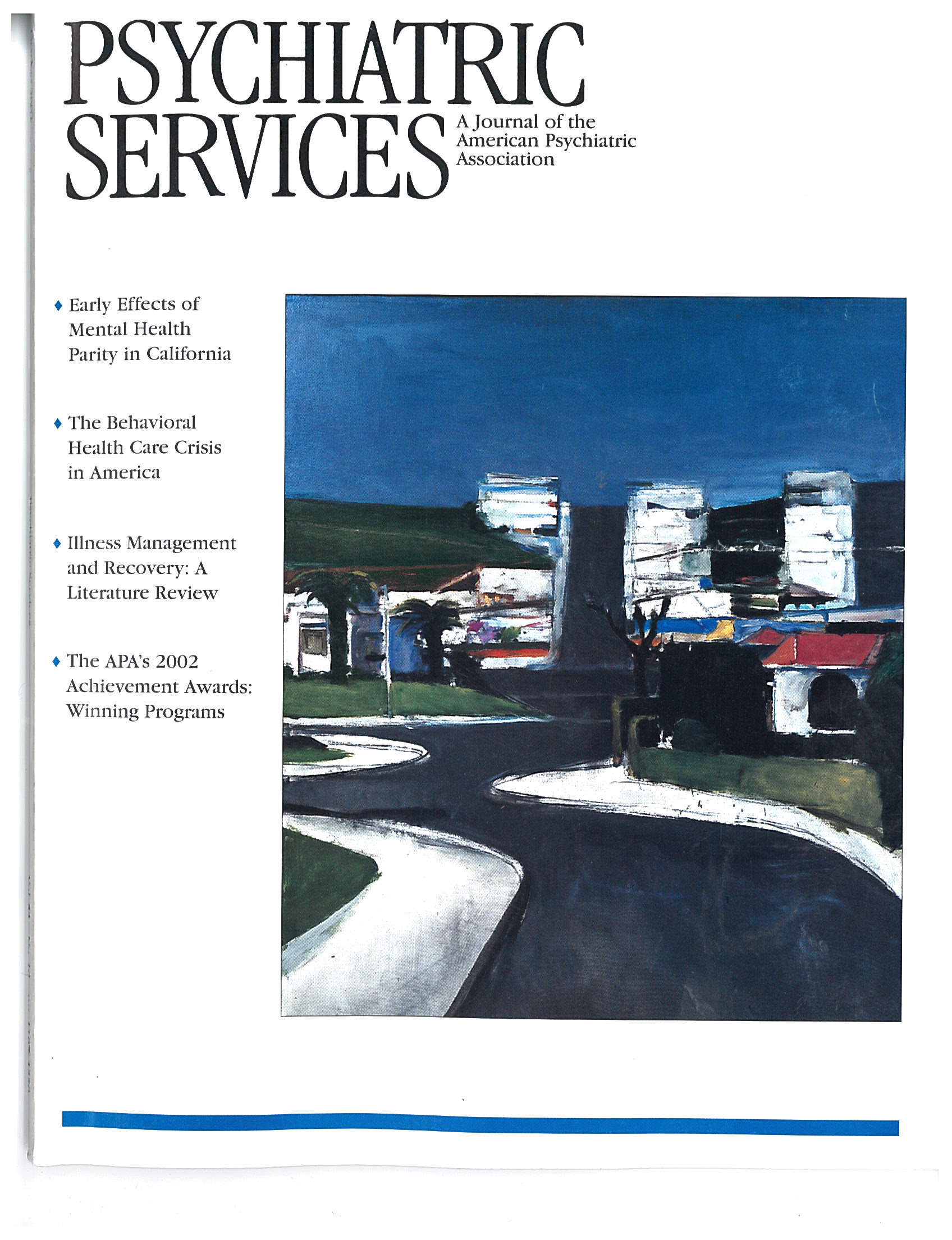Antidepressants for Bipolar Depression
To the Editor: I would like to take exception to several comments and conclusions in the article "Use of Antidepressants to Treat Depression in Bipolar Disorder" by El-Mallakh and Karippot in the May issue (1). The authors' initial statement that for years clinicians and researchers did not distinguish between bipolar and unipolar depression is simply not accurate and seems self-serving.
As far back as 1951, when I was an attendant at a teaching psychiatric hospital, clinicians were fully aware that many initial episodes of depression would later turn out to be part of a manic-depressive spectrum. I have never met a capable clinician who was not mindful of this possibility.
El-Mallakh and Karippot go on to note that a family history of manic-depression is a clue that an initial episode of depression may later develop into bipolar disorder, which is true in a general sense. However, clinicians see many patients whose depression does not develop into mania even though they have a distinct family history of bipolar disorder. The authors, in their haste to generalize and claim a new insight, overlook the fact that many such patients have frequent recurrent depressions. Therefore, the authors' advice about using antidepressants only for the acute phase of depression is theoretical and based on generalities rather than on individual cases. Another very large group of patients experience a single, brief, mildly intense manic episode and subsequent multiple and frequent depressions. It is true that for some of these patients lithium—and only rarely depakote—can prevent further depressions. However, such cases are few, and quite often antidepressants are required.
Addressing these areas is difficult, and clinical wisdom must be used on a case-by-case basis. To climb aboard the anti-antidepressant bandwagon at this point in time is not helpful and is superficial. Certainly caution is warranted in using antidepressants to treat bipolar depression, but clinicians have known about the risks for years.
Dr. Robbins is associate professor of clinical psychiatry at Tufts Medical School in Boston.



